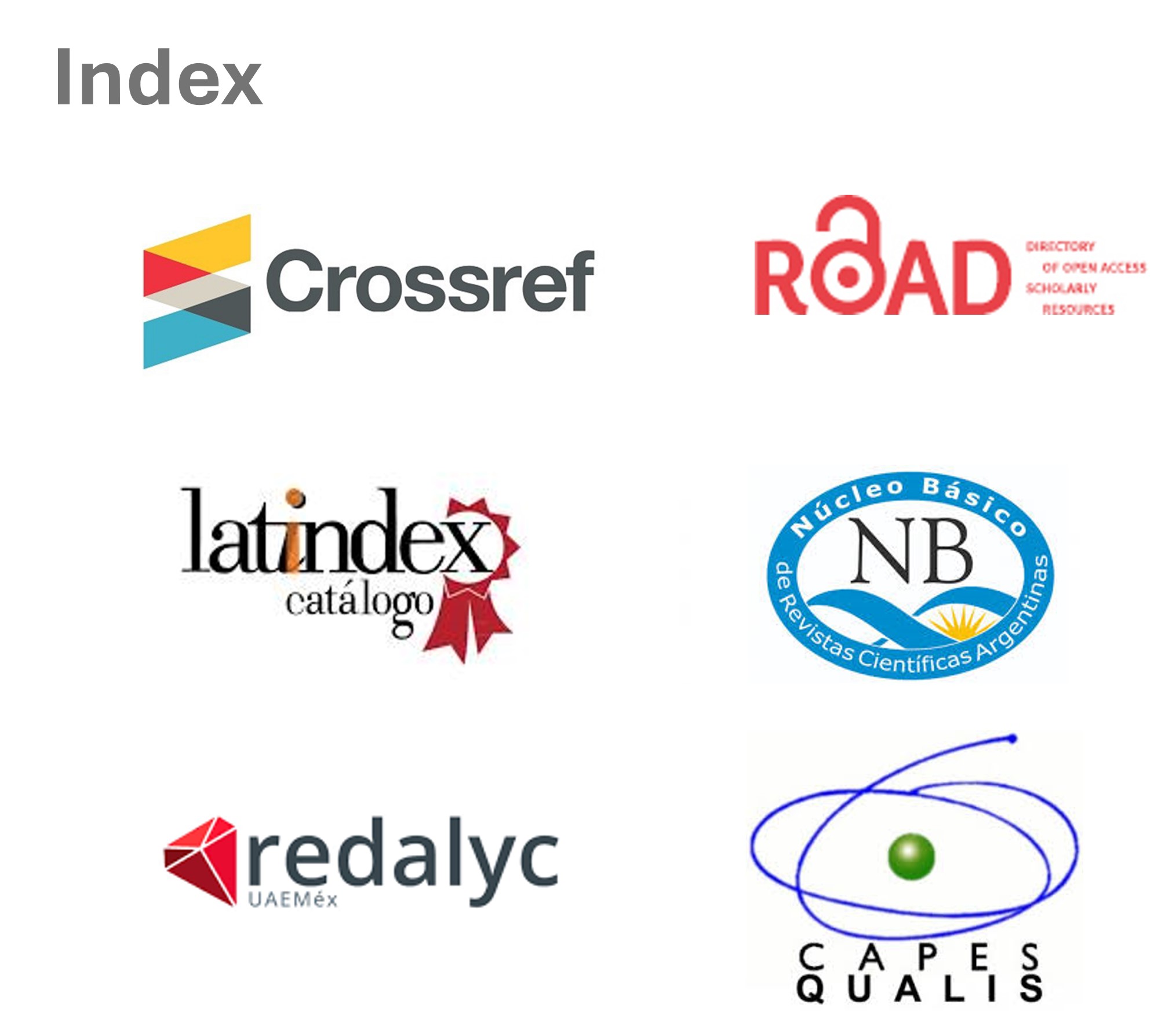Proyectos pedagógicos en ciencia, tecnología y sociedad: dimensiones, problemas y desafíos de una tradición latinoamericana
DOI:
https://doi.org/10.48160/18517072re31.320Palavras-chave:
cts latinoamericano, proyectos pedagógicos, política y politización de la ciencia y la tecnología, didáctica ctsResumo
La Red Latinoamericana Interuniversitaria de Enseñanza de Ciencia, Tecnología y Sociedad se plantea la necesidad de historiar y reconocer los modos en que emergen proyectos pedagógicos que están en la base del surgimiento y el desarrollo del pensamiento cts (ciencia, tecnología y sociedad) latinoamericano.
En ese contexto este trabajo analiza cómo se distingue un proyecto pedagógico desde la tradición latinoamericana que se inicia a partir de un pensamiento político sobre la ciencia y la tecnología. En el texto se caracteriza a grandes rasgos ese proyecto y cómo a partir de él se requiere que el campo cts se plantee cómo se concibe a sí mismo.
También se analiza cómo según se entienda lo político del pensamiento cts latinoamericano pueden darse al menos dos orientaciones de contenidos para organizar un curso: una que puede entenderse como de política científica y tecnológica y otra que busca dar cuenta de los procesos de politización de la ciencia y la tecnología.
Por último, se argumenta por una didáctica cts y se proponen tres elementos básicos: el análisis de los discursos, una aproximación antropológica y un horizonte de sociedad deseable que movilice el deseo del estudiantado como punto de configuración de sus experiencias de aprendizaje.
Referências
Barnes, B. (1985), Sobre ciencia, trad. Juan Faci, Barcelona, Labor, 1987.
Bloor, D. (1975), “A Philosophical Approach to Science”, Social Studies of Science, vol. 5, pp. 507-517.
Butler, J. (2009), Marcos de guerra. Las vidas lloradas, Barcelona, Paidós.
Dagnino, R. (2010), Trayectorias de los estudios sobre Ciencia, Tecnología y Sociedad y de la política científica y tecnológica en Iberoamérica, en prensa.
Declaración de Santa Fe (2007), “I Encuentro Regional cts-cta: Ciencia, Tecnología y Democracia”, Santa Fe, 28 de septiembre de 2007.
Fraser, N. (1997), Iustitia Interrupta. Reflexiones críticas desde una posición “postsocialista”, Santa Fe de Bogotá, Universidad de los Andes.
Gerbaudo, A. (2008), “La enseñanza de la literatura y las traducciones teóricas: una línea de investigación en zona de borde”, Boletim de Pesquisa, NELIC, Edição Especial Lindes, Florianópolis, ufsc.
González Bollo, H. (1998), “Una tradición cartográfica física y política de la Argentina, 1838- 1882”, Ciencia Hoy, 8 (46), <http://www.cienciahoy.org.ar/hoy46/cart01.htm>.
Harley, J. (2005), La nueva naturaleza de los mapas. Ensayos sobre la historia de la cartografía, México, Fondo de Cultura Económica.
Herrera, A. (ed.) (1970), America Latina: ciencia y tecnología en el desarrollo de la sociedad, Santiago de Chile, Editorial Universitaria.
Herrera, A. et al. (1995), Las nuevas tecnologías y el futuro de América Latina: riesgo y oportunidad, México, Siglo XXI.
Jackson, P. (1999), Enseñanzas implícitas, Buenos Aires, Amorrortu.
Lacapra, D. (2004), Historia en tránsito. Experiencia, identidad, teoría crítica, trad. Teresa Arijón, Buenos Aires, Fondo de Cultura Económica.
Recanatti, F. (1982), Transparencia y enunciación, trad. Cecilia Hidalgo, Buenos Aires, Hachette.
Rietti, S. (2002), “Oscar Varsavsky y el pensamiento latinoamericano en Ciencia, Tecnología y Sociedad”, Redes, vol. 9, Nº 18, Bernal, Universidad Nacional de Quilmes, pp. 175-180.
Vallejos, O. (2010), “Universidad-empresa: historias locales de procesos globales”, en preparación.
Varsavsky, O. (1975), Marco histórico constructivo para estilos sociales, proyectos nacionales y sus estrategias, Buenos Aires, Centro Editor de América Latina.
Ziman, J. (1976), La fuerza del conocimiento. La dimensión científica de la sociedad, trad. Ignacio Cabrera, Madrid, Alianza.
Downloads
Publicado
Como Citar
Edição
Seção
Licença
Copyright (c) 2010 Redes. Revista de Estudios Sociales de la Ciencia y la TecnologíaOs documentos publicados aqui são regidos pelos critérios de licenciamento Creative Commons Argentina.Atribución - No Comercial - Sin Obra Derivada 2.5 https://creativecommons.org/licenses/by-nc-nd/2.5/ar/













